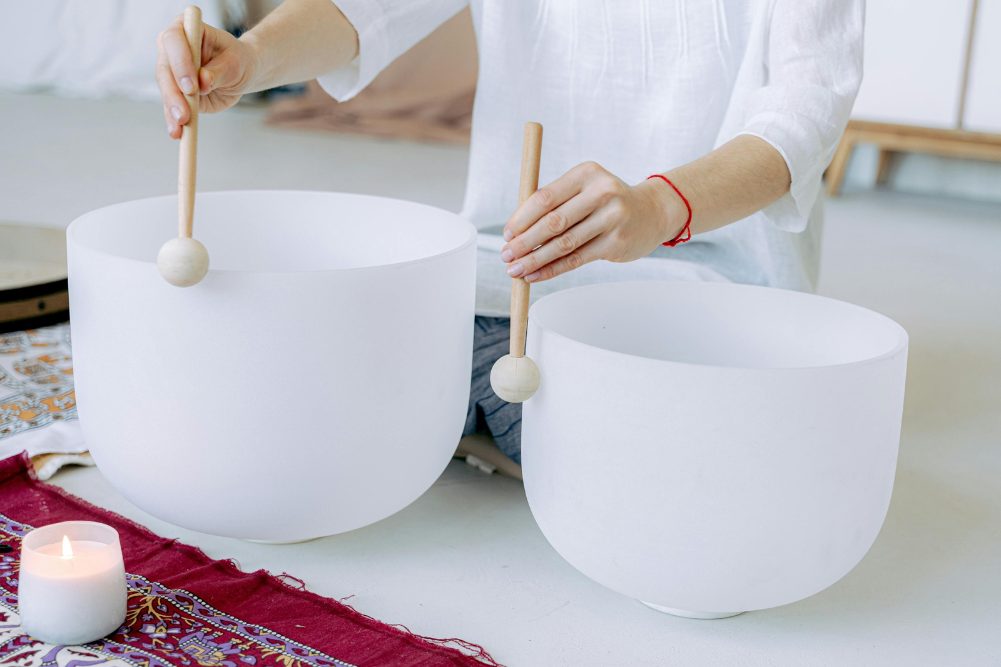Do baby boys increase the risk of postnatal depression?
Postnatal depression (PND) affects one in every seven women who give birth in Australia. Also known as postpartum depression, PND is a major depressive disorder affecting women either during pregnancy or within four weeks of giving birth. PND is associated with the risk of future inflammation-related health issues, along with bouts of depression. It not only affects women but is also linked to a compromised social, emotional, physical and cognitive development of their children and can lead to poorer mother-child relations. That is why understanding the risk factors for postnatal depression is of great importance.
Women whose birth had complications were 174 per cent more likely to develop PND than women who did not have birth complications.
There is a body of evidence that links depressive symptoms both generally and specifically to those related to the postnatal period with an inflammatory immune response. Due to this link, researchers from the University of Kent decided to assess whether there was a link between the sex of infants and PND. Particularly, the gestation of male foetuses and the experience of birth complications have documented associations with increased inflammation, yet their relationships with postnatal depression (PND) have been currently unclear until now.
For this study, complete reproductive histories of 296 post-menopausal women were collected by a retrospective survey. The women were from a contemporary, low fertility population. The researchers used a generalised estimating equation model controlling for individual effects of the mother and other known PND risk factors to assess whether the risk of PND increased when mothers gave birth to baby boys or experienced birth complications.
The researchers found that when mothers gave birth to boys, the chances of developing PND increased by 71-79 per cent. Women whose birth had complications were 174 per cent more likely to develop PND than women who did not have birth complications. The study also found that women who had a tendency towards symptoms of depression, stress and anxiety and were more likely to develop PND, actually had reduced odds of developing PND after birth complications. This could be due to the additional support they received because of their mental health concerns, suggesting that intervention to support women can be effective in preventing the development of postnatal depression.
The findings of this study conclude that having baby boys and birth complications are both risk factors for postnatal depression. Knowing this, health professionals should provide the help and support that women need at such a time.
Source: Social Science & Medicine








